"Hydrostrateg" at IB PAS – work on a biological system for improving the quality of surface water begins
We are pleased to announce that our Institute, as one of seven beneficiaries, has received funding from the Government Strategic Program Hydrostrateg II "Innovations for water management and inland navigation" for the implementation of the project entitled "A rock/biological system to increase biodiversity and self-purification of surface waters, combined with preventive monitoring of algal blooms (HydroBiom)". The "HydroBiom" project will be implemented by a consortium formed in 2023 between the W. Szafer Institute of Botany of the Polish Academy of Sciences (lead institution), the AGH University, the Research and Production Center "Alcor", and the Mine Restructuring Company in Bytom (SRK). The project involves phycologists from IB PAS, a group of materials technologists and designers from AGH, biotechnologists from Alcor and hydrogeologists from SRK.
The main project objective is to restore the natural state of surface waters – selected post-mining streams in Upper Silesia (which pollute streams, rivers and closed water reservoirs with brine and heavy metal compounds) – by enriching their biodiversity with basic aquatic organisms. The focus will be on algae, which are pioneering organisms able to grow and develop even under extreme habitat conditions. Among other things, the project will exploit the properties of epilithic algae, which form rich communities (biological mats) growing on rock surfaces and inhabiting the water column. An important element of the project will be the development of biological starters with a selected composition of epilithic algae taxa involved in the process of bioaccumulation of various chemical compounds. The effects of the fieldwork will be continuously monitored through the development of an innovative method for rapid assessment of algae assemblages using spectrophotometric analysis of algae present in the water column. For this purpose, a measuring buoy will be constructed and equipped with sensors to measure the physical and biochemical parameters of the water in real time. The system will be equipped with wireless communication to ensure remote data reading and warning of the risk of harmful algae blooms, e.g., haptophytes or cyanobacteria.
See the project description.
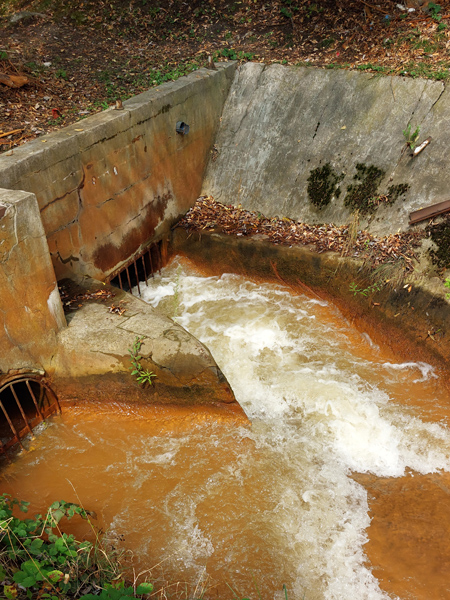
"Watercourse 1" (mouth to the runoff channel) – one of the watercourses included in the research.
Photo: Bartosz Kulig
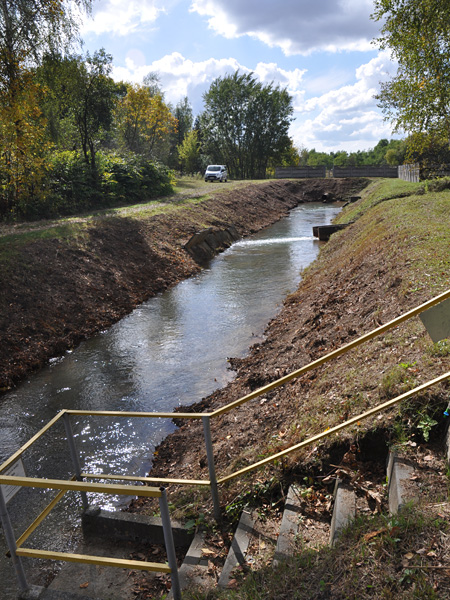
"Watercourse 2" – one of the watercourses included in the research.
Photo: Bartosz Kulig
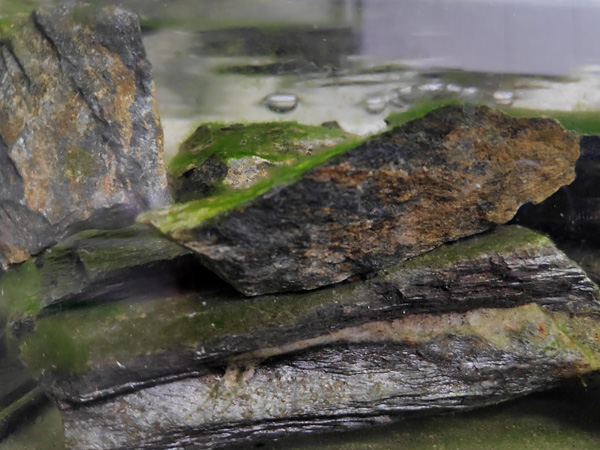
Laboratory cultivation of epilithic algae (biological starter).
Photo: Bartosz Kulig
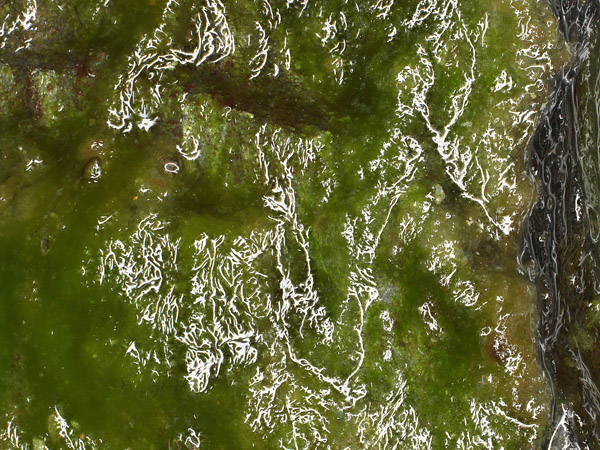
Epilithic algae (biological starter) – target effect.
Photo: Jakub Ankes
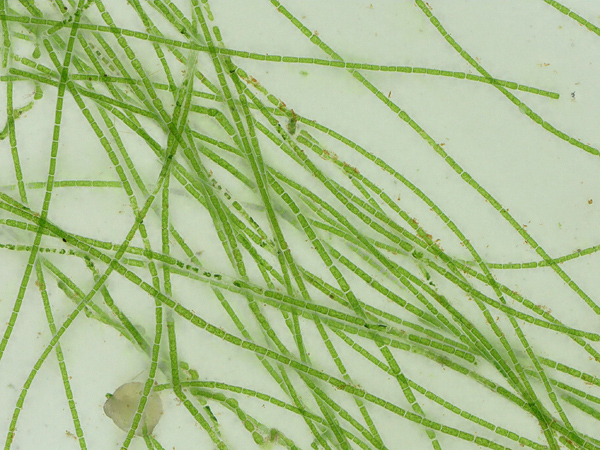
Rhizoclonium sp. – filamentous forms of algae used to produce biological starters.
Photo: Jakub Ankes






